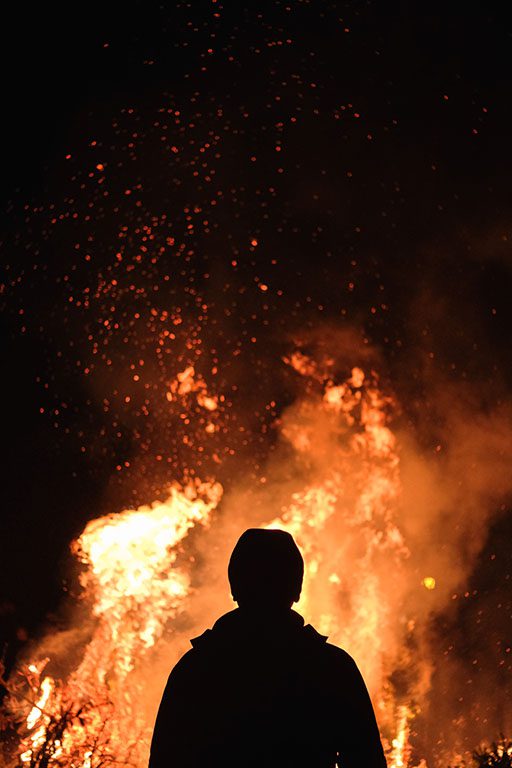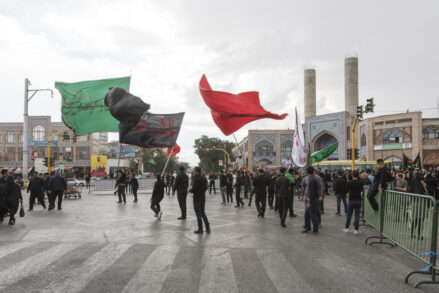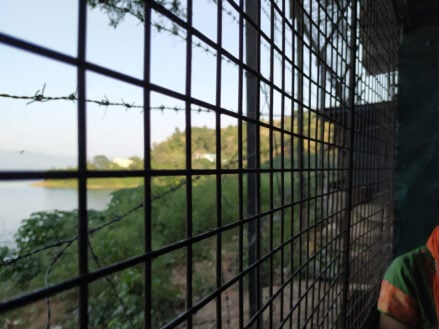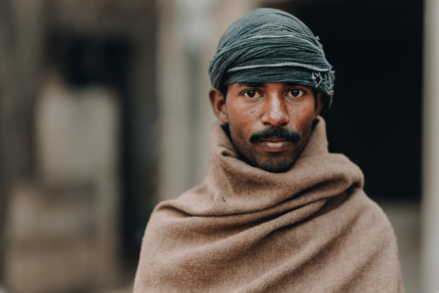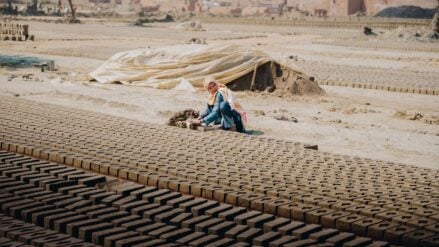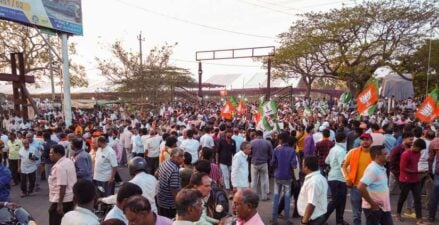The reason for these violent actions? Christians had planned a New Year’s Eve prayer service that night in a church still waiting for official registration. The extremists also attacked the church building and the Christians in it.
Police arrested six extremists as well as a young Christian man who filmed the burning houses and posted the video on YouTube (see the photo above). Police asked Christians to cancel the prayer meeting, close the church and go home. The priest who had come to lead the service was not allowed to enter the village.
This is but one example of Christians suffering from persecution in Egypt. Islamic culture fuels religious discrimination in Egypt and creates an environment causing the state to be reluctant to respect and enforce the fundamental rights of Christians. Though President el-Sisi has publicly expressed his commitment to protecting Christians, his government’s actions and extremist groups has continued Christian persecution attacks on individuals and churches—leaving Christians feeling insecure and extremely cautious.
The state also makes it nearly impossible for believers to get any official recognition of their conversion. Though Egypt has approved applications for more than 500 churches (out of 3,000 filed over the last two years), Christians of all backgrounds still face difficulty in building churches or finding a place to peaceably worship together with other believers.
On January 6, the discrimination that Christians in Egypt experience came into full display. The Muslim mayor of the village forced Christian villages to “reconcile.” According to our field, during the “so-called reconciliation session,” the decision was made that most of those arrested would be released and the church would be closed. Police released the perpetrators and the four Christians whose homes were burned. But the believer who posted the video, as well as his brother, remain imprisoned. Both have been charged with “inciting sectarian strife.”
